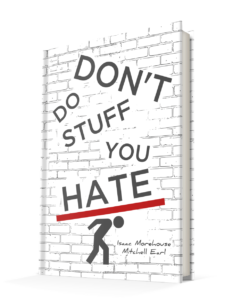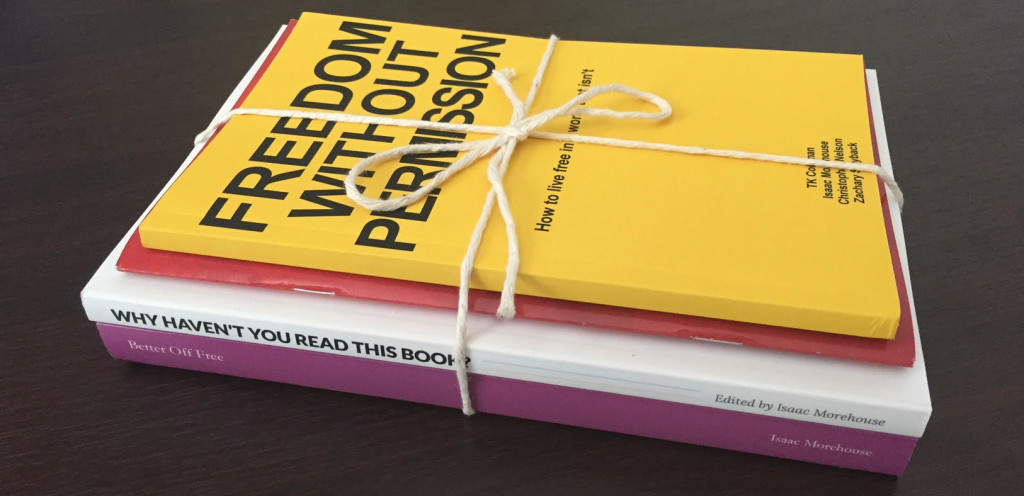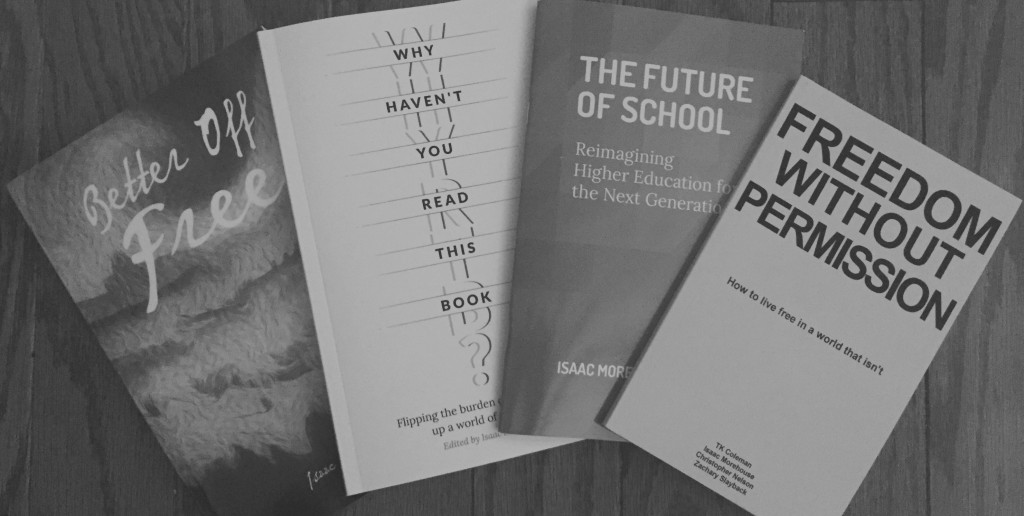If I asked you to describe the essential features of football, I bet you’d say something about the physical, sometimes violent nature of the game. I think you’d be wrong.
I’m (slowly) reading Chuck Klosterman’s book, “But What If We’re Wrong?” and thoroughly enjoying it. There is much to say about the book and I hope to get into more of it in the next podcast episode. But today I’m thinking about football.
I read a chapter last night about the future, or non-future, of football. It’s a great bit of analysis/speculation by Klosterman vs. Malcolm Gladwell on the probability of football existing 25 years from now. I don’t pretend to know the fate of football and find it equally likely that it dies off as thrives. But there was one assumption embedded in the chapter that I think was wrong, and that might affect the way we analyze the future of the sport.
Football is not a physical game.
The book explores the sport’s potential under the assumption that the key ingredient is a physical showcase and that’s what people either love or hate about it. I have no doubt that’s what people hate about football, but I am highly skeptical that’s what people love about it.
If viewers were in it for the physical aspects of the game then track & field would be hugely popular. I can’t think of a more purely physical spectacle than a foot race. But no one watches foot races. No one really watches power lifting or standing high jump either. These are neat physical feats that might gain an occasional YouTube breakout if really extraordinary. If football were essentially about the physical aspect we’d expect these other, often more extreme, physical activities to be equally beloved. They’re not because the physical is not the essential part of football.
The essential part of football is mental.
It’s mental in two ways. The most obvious is strategy. Football fans love the complex, chess-like strategies in each play, possession, game, and season. Every match-up involves coaches and players trying to outsmart each other with X’s and O’s. It’s a really nerdy game when you start to get into the strategy of it.
But that’s just the first mental part, and I think the less important. If this was the only way in which football was a mental game it would be fairly easy for software or robots or chess to replace it. But strategy is only a small part of the essential mental aspect of football.
The other, less acknowledged way that football is a predominantly mental game is the individual and collective mental strength, emotional control, adaptability, and creativity required. How to perform under high expectations vs. no expectations. How to handle off-the-field distractions. How to play when you’re hated by fans or teammates. How to succeed on a play after failing at it the previous three times. How to battle a choker reputation.
That this mental aspect of the game is the essential feature is revealed in the way we talk about football. Listen to the in-game commentators or sports radio the day after. We say things like, “How will they respond to that touchdown drive?” That’s not a question of a physical response. We know exactly what they’ll do physically. Run really fast in a slant pattern and put up their hands. “Respond” is a mental word. We’re asking how they will handle the emotional toll of a turnover. We discuss whether the QB has a short enough memory to not let it get to him. We discuss whether or not a player can “win the locker room” not by physical prowess, but leadership qualities. We love the game because it is an incredibly rich environment in which every conceivable emotional and mental state is experienced and each player must determine how to navigate the challenges inside their own heads. We don’t spend hours after the game discussing exactly how many inches a DB jumped to make an interception, but we do spend hours discussing how his constant trash talk got in the head of the slot receiver causing him to pull up short on his route.
As a poster child for the violent physical nature of the sport the book references fanatical coach Jim Harbaugh and his comments about football being the last bastion of masculine physicality. But even Harbaugh is really all about the mental game. Whether or not he believes football’s real essence is physical, his success or failure as a coach will not be determined by how much his front line can bench press. That’s going to be roughly the same as his competitors. It will be determined by how well they respond to his wild antics and tough guy persona. Will it inspire them and create the conditions for mental toughness, or will it patronize and annoy them and create mutiny? That’s what everyone is watching Harbaugh to see. That’s what his fans and detractors are discussing.
All physical activities have a mental component, but the degree can differ greatly. We love football because of its astronomically high degree of mental complexity. This is why soccer, though vastly more accessible, cannot replace football. It involves strategy (though much less) and mental challenges, but far less diversity and complexity in its situations. This is why golf is more popular than power-lifting. The former has a more complex set of mental challenges because it’s not just a single feat repeated, but a series of diverse shots in different conditions with different expectations.
If you accept my argument that football’s essence is mental, not physical, and its core value to consumers is the mental game rather than the speed or violence, what does it mean for the future of the sport? I’m not sure. But I think it can help separate the popularity of the sport as a whole from the increasing worry about the violent aspects of it. It should help us gain clarity as we speculate about what, if anything, might replace football as we know it. Whatever it is, it can’t just be simulated physical play, or pure strategy. The demand for a complex combination of strategy and mental agility is large, and if football is to die off some day something equally mentally and emotionally challenging has to fill the void.
PS – The book cites an overall decline in rates of youth participation not just in football, but in all the major organized sports and attributes this to changing values and interests and the emergence of video games. That may be the cause, but another possible contributor I’ve not heard mentioned is increased specialization. As these sports grow in money and sophistication, players become more specialized. That means by age 10 if you’re not pretty serious about a sport it’s harder to join a league than it used to be. It could be that the casual, recreational participation in sports leagues has fallen while the number of serious specialists has grown.
Like this:
Like Loading...


